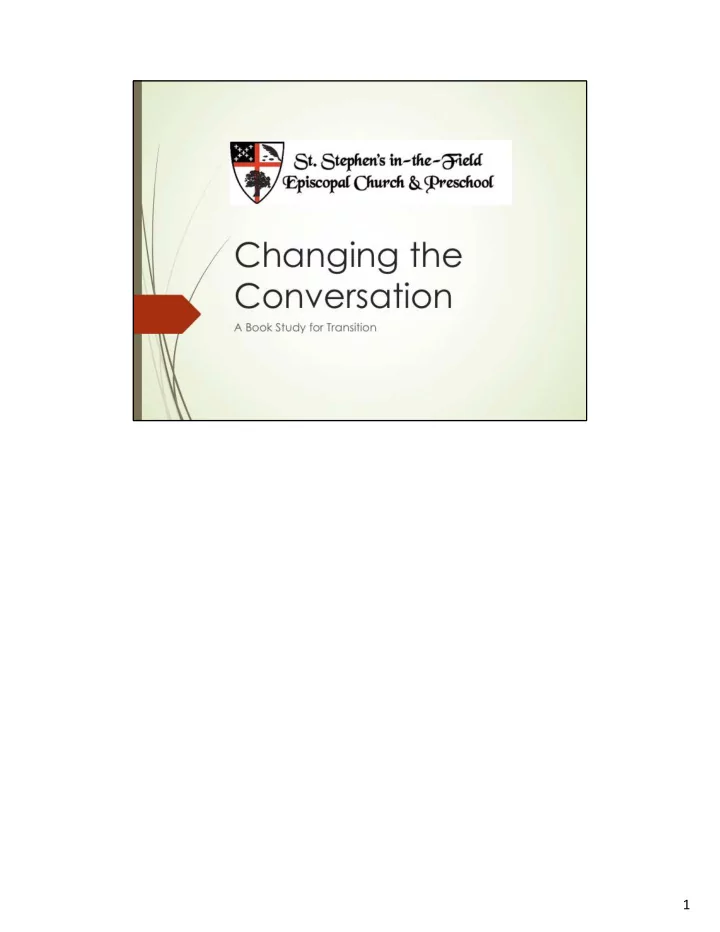

1
2
3
4
5
Discovering what good responses are may mean moving beyond the techniques, strategies, and concepts we already know and have at our disposal to learn new ones . Finally, and this is crucial, who does the work when it is an adaptive challenge with which we are dealing? Not experts or authorities. They may have some role, but in the end the work must be done by those who have the problem, those who are facing the challenge . In other words, we cannot offload responsibility for learning to be the church in new ways in our new time onto clergy or seminaries or lay leaders or denominational staffs. This adaptive work requires the engagement of the church, of congregations, of all God’s people. Robinson, Anthony B. (2008-10-16). Changing the Conversation: A Third Way for Congregations (p. 48). Eerdmans Publishing Co - A. Kindle Edition. There is one more facet of the technical/adaptive distinction that is worth noting. Adaptive work, or “engaging adaptive challenges,” to use Heifetz’s language, is intrinsically spiritual work . It is spiritual work precisely because it is about changing lives, about changing and transforming human hearts, minds, and communities . This point can be deepened by returning to the threefold sequence of adaptive work: naming and framing the challenge, discovering and learning forms of response, and then engaging in and doing the work by the people who have the problem or challenge . Robinson, Anthony B. (2008-10-16). Changing the Conversation: A Third Way for Congregations (p. 50). Eerdmans Publishing Co - A. Kindle Edition. 6
7
8
9
10
Recommend
More recommend